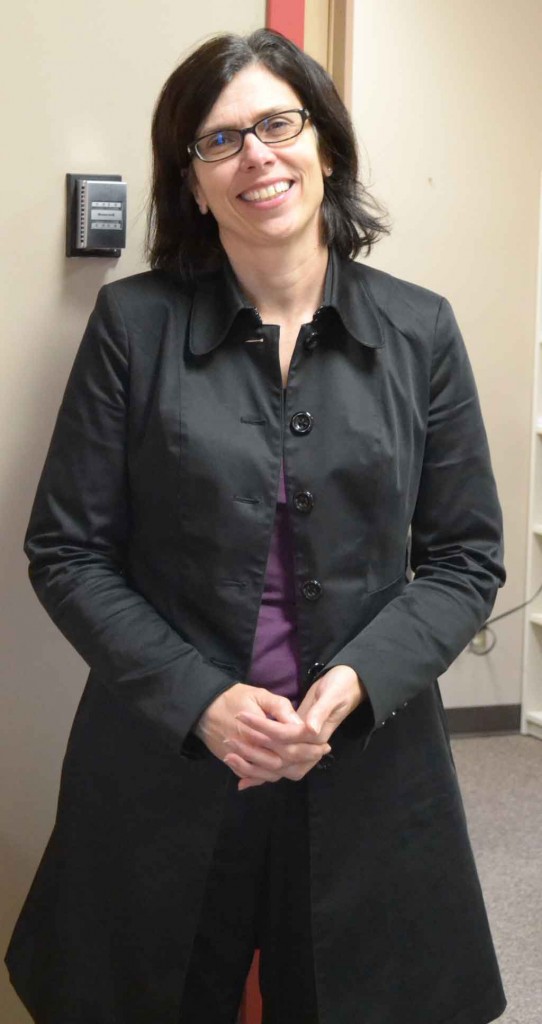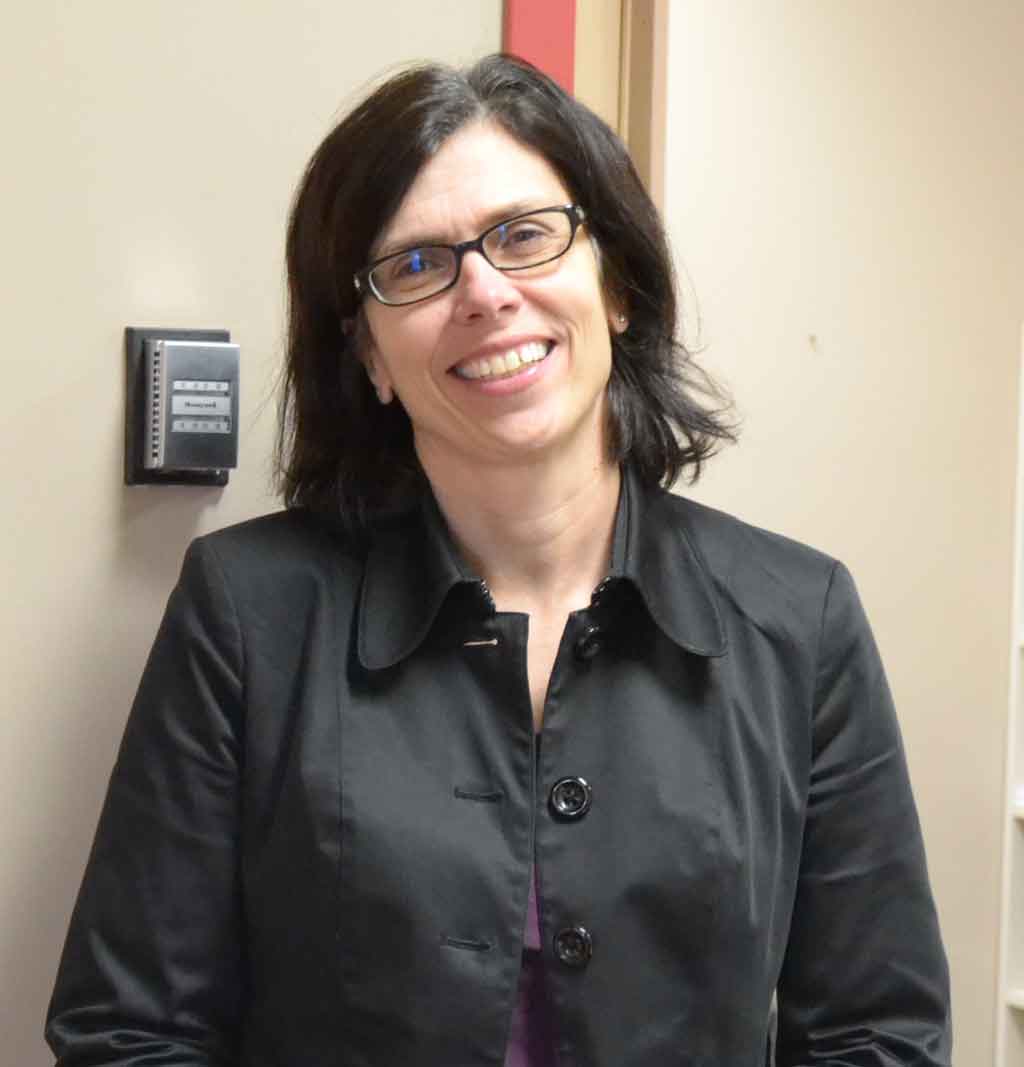By Ashley Mussbacher (The Cascade/Photo) – Email
Print Edition: January 14, 2015

UFV has been promoting a sense of history around campus during its 40th anniversary celebrations from the past year. Though the anniversary is ending, there’s a lot more to explore. At The Cascade, we’re going to take a slightly different approach from milestones and lists of past presidents and present a series of oral histories through the people best qualified to talk about what UFV has been like over the course of its first few decades, and as it looks to change for the better in the future: its professors. Each week, we’ll interview a professor from a different department, asking them what UFV was like before it was UFV, and if and how things will continue to change here.
How long have you been with UFV?
Twenty years, since 1995.
Have you worked at any other schools?
I started teaching at the University of Western Ontario, and I’ve taught at UBC and at Douglas College.
In what ways has UFV changed?
It’s dramatically changed in terms of size, [and] in terms of our enrollments. Since I’ve been here it’s changed from a university college to a university, so it hasn’t had much of an impact on the courses, but certainly the legislation. It’s helped students applying to grad school and law school because the university college model isn’t very well understood, even in other parts of Canada.
Could you elaborate on the university college model?
I was schooled in Ontario so it was new to me as well, but we just changed our identity more than anything.
Have the students changed?
I worked in criminology before, [and] my understanding was that one of the things that the university-college model [did was] laddering, so you do the first two years at UFV and then go on to UBC or SFU. But in my experience, students didn’t do that as much as we might have thought.
How have you changed your approach to evaluation?
A few years ago I started giving students a portion of their grade — it varies from around 30 to 40 per cent — that they get to design. They get to decide how they’re evaluated based on my input and guidance. They fill out what I call a “learning contract.” It’s a template where they have to describe the evaluation component, and they have to give themselves a due date. They have to specify how [their project is] connected to the course content. Then I have to ensure that it embodies the learning objectives of the course, and if it does then they can be as creative as they like.
It’s interesting. I think students have some anxiety over that, some angst, because we generally tell students what to do. I am firm believer that students have an ability to engage to a greater extent and to a greater depth and with greater enthusiasm if they have greater control over how they’re learning and what they’re learning. And I’ve absolutely found that students do more work than they’re required to do, because they’re passionate about it, because they feel a greater responsibility to their project.
I’ve had students do art pieces, write poetry, short stories, rewrite fairytales incorporating concepts from the course, do photo essays, blogs, class presentations, and traditional research papers. The point is to encourage students to move out of their comfort zone in terms of their intellectual and emotional engagement with the course material.
One of the things I’ve found is students who don’t see themselves as artists or even creative are redefining what that means to them. I would argue that education should be profoundly embedded in creativity and passion. So this allows students to do that.
Do you think the learning contracts are easier to do in a class like sociology where you can apply the concepts to anything, as opposed to, say, biology?
I don’t know, because it’s not my subject matter, but I’ve certainly heard from enough people who are teaching a variety of subjects, who are teaching it in incredibly creative ways.
What is your opinion on usual methods of assessment, like examinations?
I think we can do better. I think we all make some efforts to do better. Certainly my learning contract is an effort to respond to different learning styles. But I also give midterms and finals.
Do you do this with all your courses?
I do it with some of my fourth-year courses, and with my second-year “Death and Dying” course.
Are you thinking of doing it for all your courses?
[I’ve used it for] a lot of my courses already. For me it’s a lot more work. Now I don’t have 35 papers coming in. From one student, instead of one paper, I might have two art pieces, a photo essay, [and] a research paper. It’s also important for me to have some variation as well. Different courses require different approaches to evaluation.
Do you learn something from your students when you have them do these learning contracts?
Absolutely. Some would argue it’s selfish on my part. I get to watch students be incredibly creative. I get to watch and engage with them in the content matter in a way that I didn’t imagine. So it’s an incredible gift to be able to bear witness to students becoming so intellectually excited about issues that they might not have grabbed onto if they hadn’t had this opportunity.


